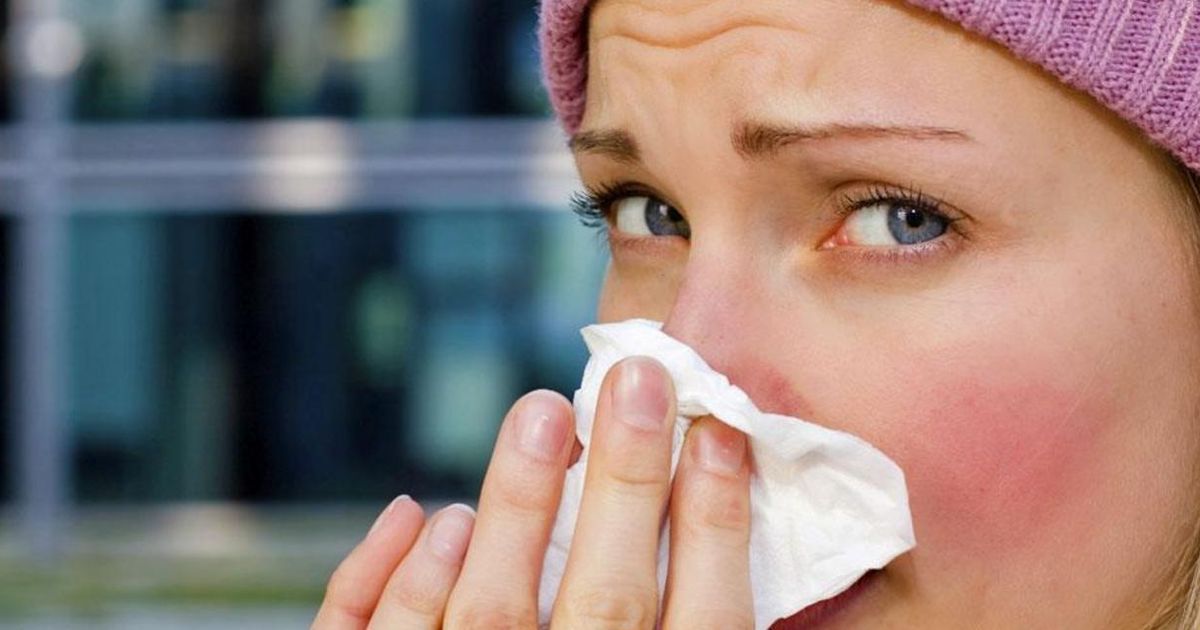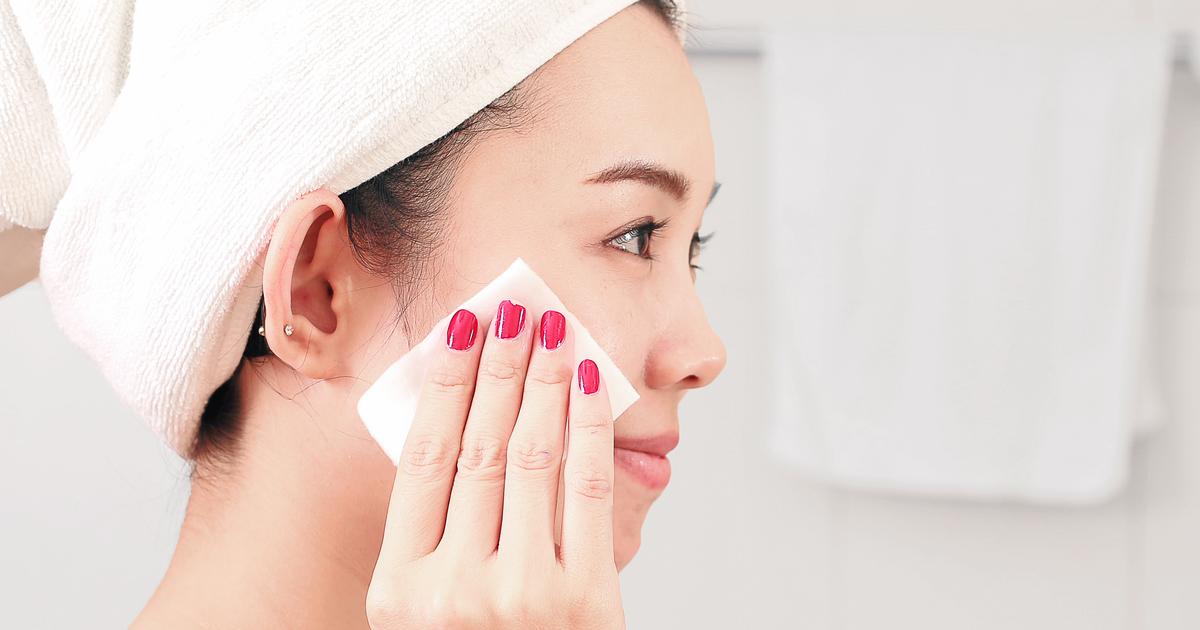Health Benefits And Uses For Echinacea
Echinacea is an herb sometimes used as a health supplement for a variety of different purposes. It can be found in the areas eastward of the Rocky Mountain range in the United States. Some western states also have climates that can support the herb, though it's not usually native to these areas. There are also areas of Europe and Canada that grow the plant. Multiple species of echinacea exist, and traditional herbal remedies utilize the root, flower, and leaves. Echinacea has a history of being used in herbal remedies by Native American tribes in the Great Plains. After the discovery of antibiotics, the herb was used less often, though some individuals are interested in the benefits of echinacea against certain bacteria.
Learn about the full extent of the health benefits and uses for echinacea now.
Reduce Common Cold Symptoms

There is some scientific evidence indicating echinacea is capable of reducing the symptoms of the common cold. It's important to note this is not a cure for the common cold. Colds are caused by a rhinovirus, which is a type of viral infection. Unlike bacterial infections, viral infections can't be fought off by antibiotics or other modern medicines, and they just have to run their course through the body. No herbal supplements have been proven to kill viruses, including echinacea. It's also uncertain whether echinacea is capable of shortening the amount of time the virus stays in an individual's system. If it does, it's because it helps reduce symptoms well enough for the immune system to focus the body's energy on getting rid of the virus instead of managing the symptoms. Several studies have documented evidence indicating echinacea products may reduce common cold symptoms on a mild to moderate scale in children twelve years old or older and adults. But because different studies have used different parts of the plant, different preparation methods, and different dosages, there's no one recommended intake level.
Keep reading to learn more about the uses and health benefits of echinacea now.
Lessens Severity Of Anxiety

Some data indicates echinacea might be able to lessen the severity of an individual's anxiety, though the research is inconclusive. In a study in Hungary, participants who took forty milligrams of a specified echinacea extract every day for seven days experienced a reduction in anxiety. However, there is no evidence indicating taking less than forty milligrams a day has any effect on anxiety. In addition, this is the only study that has been done on the subject, which means more research needs to be done to determine how and why echinacea is effective. The plant may help soothe an individual's anxiety as part of a placebo effect. Taking herbal supplements for anxiety has been shown to have a positive placebo effect on anxiety, even when the supplements don't actually alter hormones or brain chemistry. Individuals should ask a doctor before they begin taking any supplements for anxiety or other medical conditions.
Read more about echinacea health benefits now.
May Lower Blood Sugar

There are some indications certain types of echinacea prepared in certain ways are effective at lowering blood sugar, although more research needs to be done in this area. Right now, echinacea is not an approved treatment for lowering blood sugar, but supplements can be taken in addition to whatever regimen individuals have provided they get a doctor's approval. Regulation of blood sugar is important for everyone, but it's especially important for diabetes patients and others who have an insulin intolerance. The reasoning behind the blood sugar control has to do with the antioxidants that are naturally found in the plant. In a study done in 2017, prediabetes and diabetes patients who had echinacea in their bloodstream experienced fewer blood sugar spikes when they consumed food. The plant also helped keep blood sugar from dropping in hypoglycemic patients. Individuals must continue managing their carbohydrates and taking whatever medications they're prescribed even if they use echinacea to help with their blood sugar control. Echinacea tea and echinacea supplements should be added to an existing regimen instead of replacing it.
Discover additional health benefits of echinacea now.
Acts As An Anti-Inflammatory

There is a good amount of scientific data indicating echinacea can act as an anti-inflammatory supplement. It may not be as effective as medications, but it might also have fewer side effects depending on the dosage. As always, patients should talk to a doctor if they intend to use herbal supplements to manage inflammation. Some individuals experience inflammation as a result of minor muscle injuries, while others have chronic illnesses that cause consistent inflammation. Multiple clinical studies have shown components of the plant contain anti-inflammatory properties. For this reason, supplements have been suggested as a part of the treatment for Crohn's disease, ulcers, rheumatoid arthritis, and any other conditions worsened or caused by inflammation. Active compounds within the plant integrate with the body and help reduce the inflammatory response. This can provide pain relief, reduce the severity and length of chronic flareups, and speed healing in temporary injuries.
Get more information on the health benefits of echinacea now.
Beneficial For The Skin

Echinacea may be beneficial for the skin in some ways, though the scientific evidence is inconclusive. The plant contains multiple antioxidant compounds that can help repair cell damage throughout the body and encourage the healthy growth of cells, including the skin. When the skin becomes damaged by sunlight, radiation, chemicals, and other toxic substances, the damage is the result of compounds called free radicals. Antioxidants help destroy these toxins, which slows the aging process and reduces the amount of damage they do. Taking an oral echinacea supplement or drinking echinacea tea may help reduce the signs of aging and sun damage on the skin. With that said, other antioxidant compounds have been proven to have greater efficacy on the skin. If individuals are concerned about their skin health, they should talk to a dermatologist about ideal skincare options.